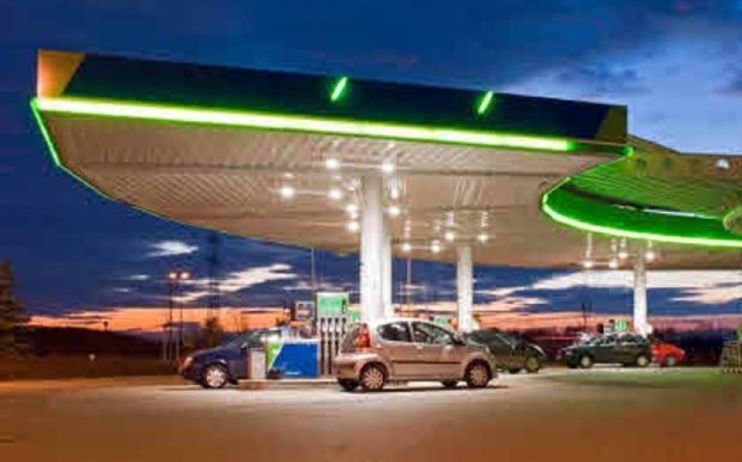UK petrol prices near £1 on global oil market slump

Petrol prices around the country have hit their lowest levels since 2016 as the prospect of fuel trading for £1 a litre grows more likely amid the global slump in oil prices.
According to the Department of Business, Energy, and Industrial Strategy (BEIS), petrol is currently being sold for an average of £1.10 per litre, but there are reports that at some filling stations fuel is already changing hands for less than £1.
The last time the price of petrol was at this level was in 2016, according to government data.
The global collapse in oil prices, which has seen prices drop from $70 in January to below $30 in March, led to the largest fall in UK prices in 12 years last month.
According to the RAC, the average cost of unleaded fell by 9p, while the cost of diesel dropped 8p.
The drop was largely driven by decisions by the UK’s supermarkets to make unprecedented cuts, with Morrisons the first supermarket to announce a 12p per litre cut in petrol and an 8p per litre cut in diesel prices.
Asda however retained its position as the supermarket selling the cheapest fuel, with petrol down 14p in the month to just 102.7p by the end, with diesel down to 108.7p.
Sign up to City A.M.’s Midday Update newsletter, delivered to your inbox every lunchtime
The RAC said the prospect of a further cut in April was likely, saying that petrol could fall as low as 98p if retailers pass on savings to drivers.
However, prices could be different – and possibly even cheaper – at independent garages and petrol stations across the country, which are responsible for setting their own prices.
RAC fuel spokesman Simon Williams said that the wholesale price cuts could put pressure on independent garages in the UK.
He said: “While we all want reasonably priced fuel for our essential journeys, surely none of us want to see smaller enterprises going out of business trying to match the supermarkets’ big price cuts at a time when so few of us are driving compared to normal”.
The Petrol Retailers Association (PRA) has already warned that some independent retailers would have to close due to the restrictions on travel.
Brian Madderson, the industry body’s chairman, wrote to the chancellor last week saying that PRA members, especially those in rural areas of the UK with modest fuel volumes even outside the pandemic, are worried that with reductions of up to 80 per cent, are struggling to keep open.